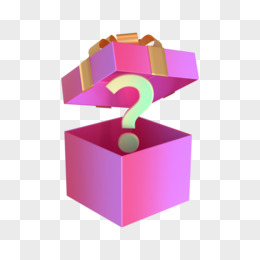Understanding Your Audience
Knowing your players is crucial. Take the time to understand the demographics of your players, their interests, and their typical play styles. Conduct surveys or utilize feedback tools to gather important insights.

Tailor your events to meet the preferences of your audience. For instance, if you notice many players enjoy competitive formats, consider organizing tournaments with attractive prizes. On the other hand, if your audience prefers casual play, create fun and non-competitive events.
Engage with your players through community forums and social media. This can help generate excitement and suggestions for future events. Engaging with your community fosters a sense of belonging and shows that you value their input.

Event Planning and Promotion
Create a detailed event plan that outlines the date, time, duration, and event type. Clarity in planning ensures that all team members are on the same page and that nothing is overlooked.
Once you have your plan, it’s time to promote it! Utilize various platforms such as social media, in-game announcements, or forums to spread the word. Create eye-catching graphics and content to draw attention.
Consider providing early sign-ups or registration incentives, such as exclusive items or bonuses for those who register in advance. This not only builds excitement but also ensures a better turnout for your event.
Executing the Event
Ensuring smooth event execution is essential. Have a clear timeline and designate responsibilities among team members. This will help keep the event on track and manage unforeseen situations effectively.
Use engaging and interactive elements during your event. Polls, live chats, and gaming challenges can increase player participation. Also, consider providing real-time updates and commentary to keep the atmosphere lively.
Capture highlights of the event through screenshots or live streams. Sharing these afterward can create lasting memories and motivate more players to join future events.
Post-Event Follow-Up
After the event, gather feedback from participants to understand what worked and what didn’t. Constructive criticism is invaluable for improving future events.
Make sure to publicly acknowledge and thank participants, especially those who helped make the event a success. Recognizing their contributions helps build a loyal community.
Evaluate the event’s performance based on metrics such as attendance and player engagement. Analyzing these results can provide insights for future planning and improvements.
Conclusion:
Hosting successful in-game events on Clash.gg requires careful planning, execution, and post-event analysis. By understanding your audience and engaging with them both before and after the events, you can create memorable experiences that foster a vibrant community.
Learn about additional strategies and tools to enhance your event planning at MR Box, which offers effective solutions for gaming communities.

